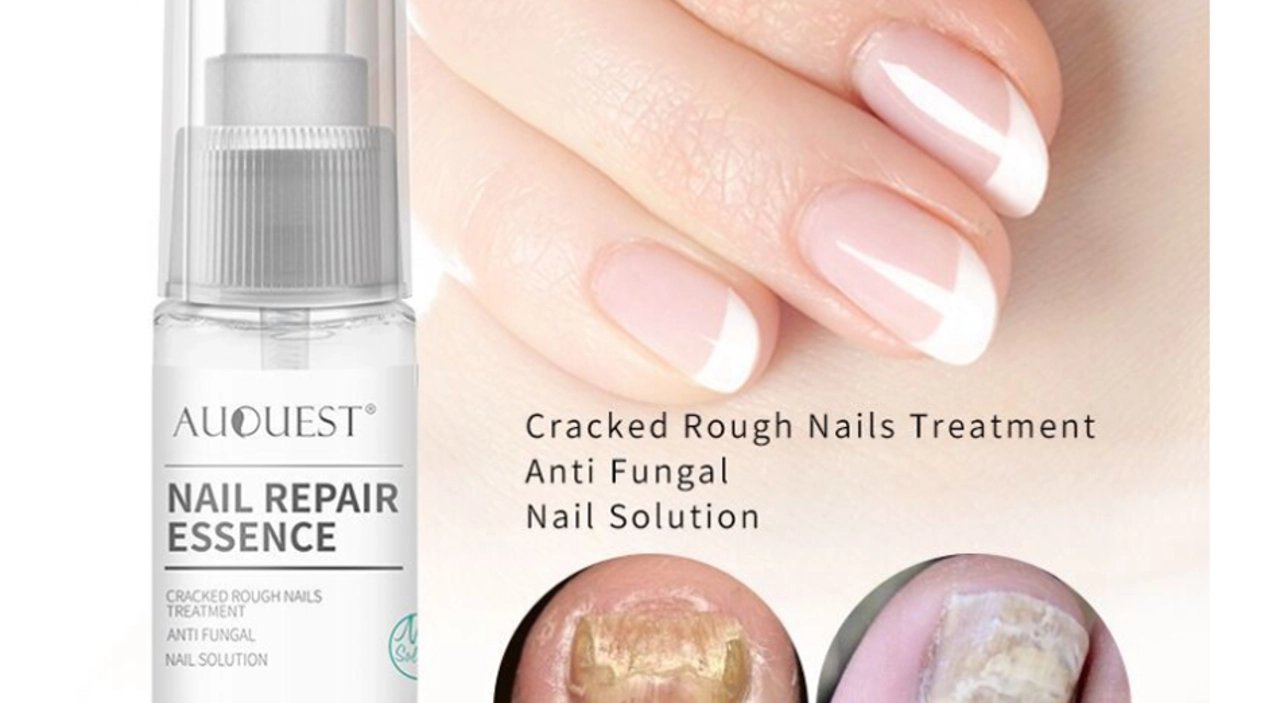Effectiveness: How to Judge Treatments, Drugs, and Therapies
When you want to know if a drug or treatment actually works, focus on a few clear signals. Start with clinical trial results: look for randomized controlled trials, sample size, and the main outcome measures. A small study with loose endpoints means less confidence. Bigger trials with hard outcomes — like fewer heart attacks or hospitalizations — matter more than minor symptom changes.
Real-world data matters too. Reviews and patient reports can show how a medicine performs outside strict trial settings. If thousands of users report steady benefit and tolerable side effects, that’s meaningful. But watch for biased reviews on vendor sites and check independent sources like medical journals or government clearinghouses.
Compare effectiveness to alternatives. For example, posts here cover drugs like Exelon for dementia, Duricef for infections, and Accutane for severe acne. Instead of assuming one is best, compare head-to-head data, rates of remission, and how long benefits last. Consider newer options like biologics for COPD or triple-therapy inhalers if older drugs don’t hit targets.
Weigh side effects against benefit. A drug that cuts symptoms by 50% but causes serious harms might not be worth it. Look for number-needed-to-treat (NNT) and number-needed-to-harm (NNH) when available. Those metrics help you balance benefit and risk in concrete terms.
Practical Steps to Check Effectiveness
Start with reputable sources: peer-reviewed journals, FDA or EMA labels, and guideline statements from professional societies. Use appraised summaries such as systematic reviews and meta-analyses when possible. Read the abstract, then scan methods and results — especially who was studied, how long, and what the actual effect size was. Ask a specific question: does this treatment reduce the event I care about or just change a lab number? If you’re buying online, check whether the pharmacy lists product evidence and has verified licensing. Posts on price transparency and safe online pharmacies here can guide you toward legitimate sellers without bogus effectiveness claims.
How to Use Effectiveness Info in Real Life
Talk with your clinician using plain questions: "What are the chances this will help me?" and "What side effects should I expect, and how likely are they?" Track your own outcomes with simple measures — symptom diaries, blood pressure logs, or photo progress for skin treatments. If a drug is supposed to act in weeks but you see no change after the expected time, follow up and ask about alternatives.
Effectiveness is not fixed. New research, better formulations, and generics can change the balance. Use reliable updates and trusted summaries to stay informed. When in doubt, opt for treatments with clear, strong evidence and a safety profile you can live with.
Also consider cost and convenience: a highly effective drug that you cannot afford or access is less useful. Talk about monitoring plans, follow-up tests, and how you'll handle side effects before starting a new therapy. If you use online sources, bookmark reliable pages and save key study links so your doctor can review them with you. Good tracking makes better choices daily.

